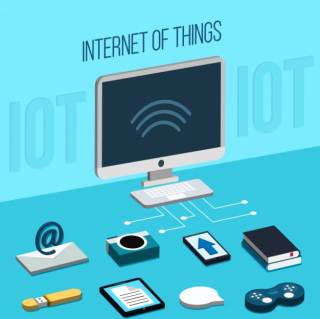In today’s world, medical organizations are taking the help of innovative healthcare solutions allowing healthcare providers to reduce costs, improve patient treatment, and optimize workflow and thereby, the solutions significantly transform the industry. So, new technologies like mobile applications, smart devices, biosensors, wearables, home virtual assistants, blockchain-based electronic medical record systems, predictive analytics, and web health portals indicate a truly new stage in the healthcare environment. These innovative tech solutions, help the healthcare organizations to take the advantage of automated decisions, continuous patient state monitoring, and successful diagnoses. Research tells us that IoT in the healthcare market is expected to reach nearly USD 409.9 billion by 2022 and by the end of 2018, healthcare providers will have saved $1 billion using robotic process acceleration (RPA) tools. Read more at:
https://www.iotforall.com/top-digital-health-solutions/



